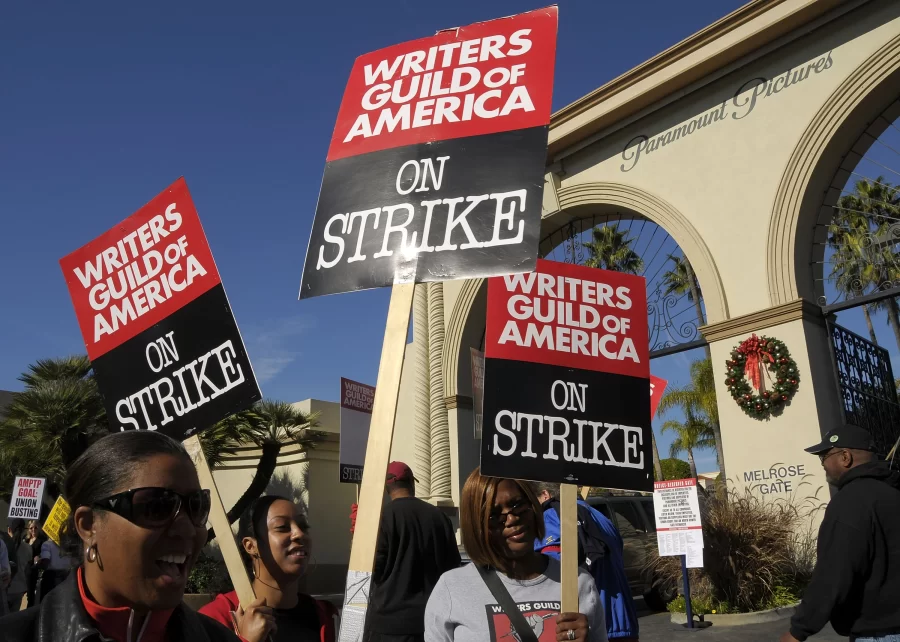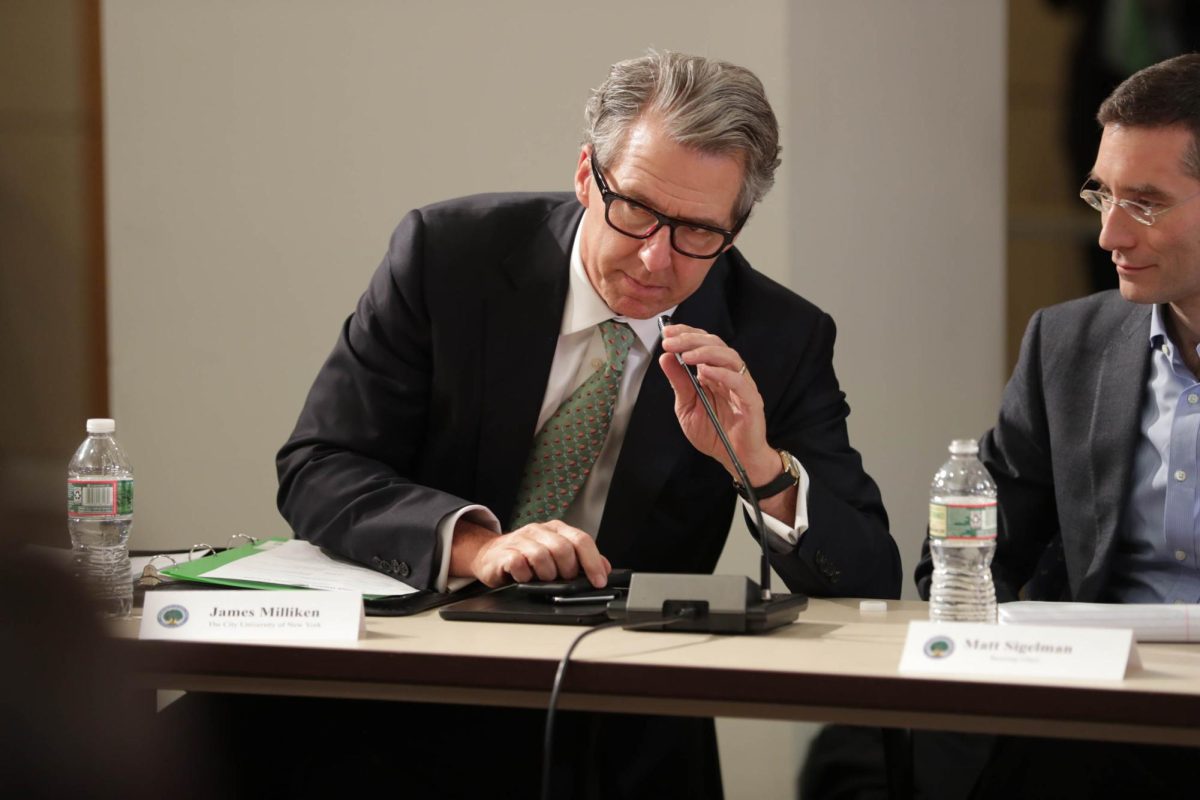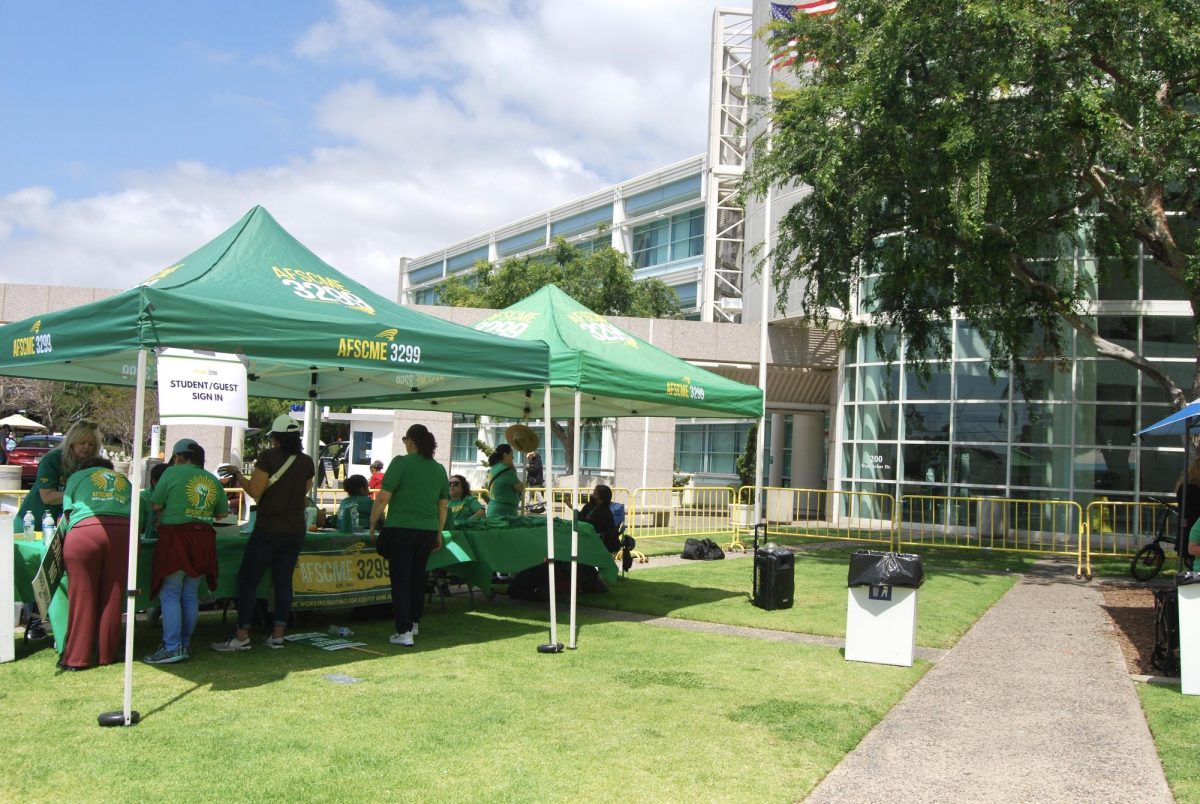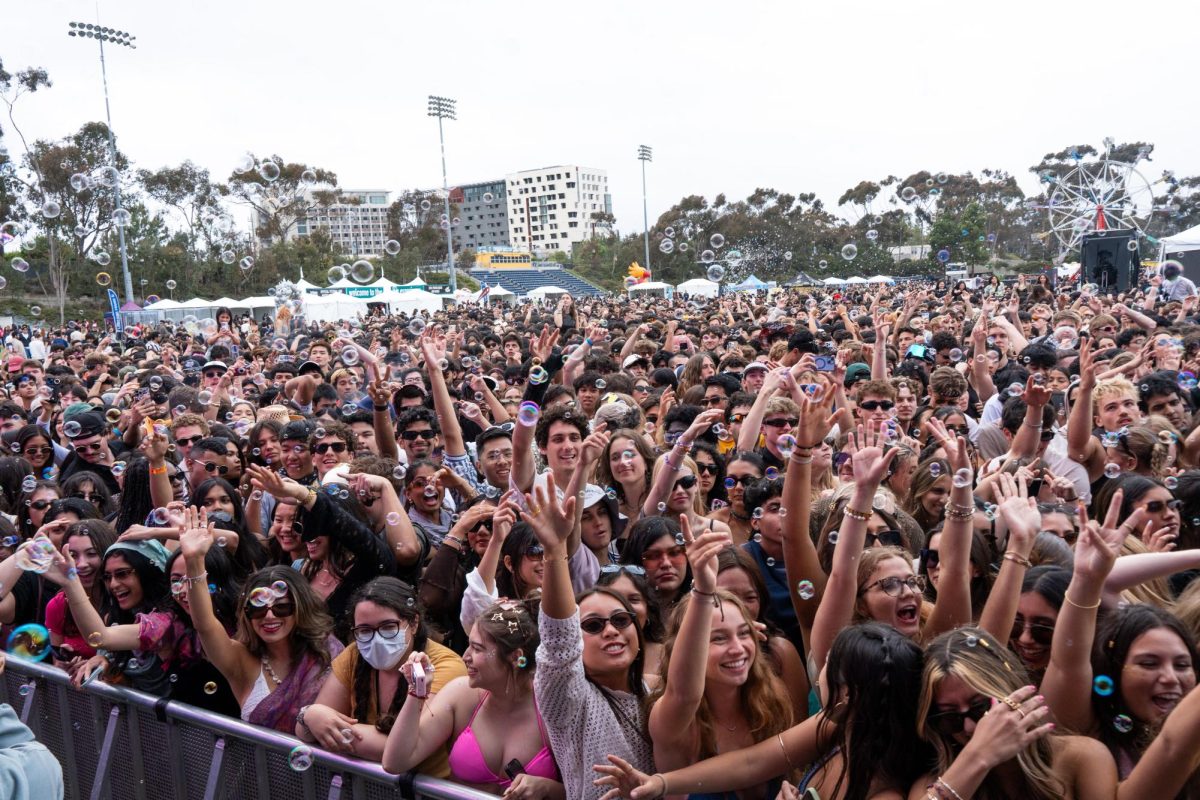The Writers Guild of America is Striking — Here’s Why You Should Care
May 29, 2023
As I sit here thinking about how to start this piece, my roommates are watching an episode of “Modern Family” in the background. I can’t deny the fact that I’ve had to restart this paragraph about three different times because I got distracted laughing at the episode where Phil and Mitchell get high. The entire episode is hilarious, and every joke lands. However, I can’t help but realize that I wouldn’t be sitting here laughing with my roommates and neglecting to write this article if it wasn’t for the talented writers who come up with the jokes that have us laughing so hard. If you think these writers whose work brings everyone enjoys so much would be fairly compensated, you are wrong.
On May 2, The Writers Guild of America went on strike, bringing an abrupt halt to media productions across the country. Screenwriters for film, television, and more flooded the picket lines in Los Angeles, New York, and Chicago in front of major studios, and have been protesting and demanding fair compensation for the past four weeks. The writers are asking for residual pay for shows that are streamed on streaming services, for studios to stop using mini rooms (e.g. when studios gather writers for short amounts of time to map out the story of a show and then let them go), and for provisions against the use of artificial intelligence.
I understand that the average person would not pay much attention to this issue, and that makes sense. Many people passively watch movies and TV shows, and some might not watch at all. Not everyone is like me — someone who obsessively keeps up with all the latest entertainment news and watches every current TV show and movie. But that doesn’t mean this current strike won’t have disastrous consequences for the entertainment industry and other aspects of life. In order to get a firm look at what might occur if this doesn’t settle, we need to take a look at the past.
The last time Hollywood saw this kind of movement was 16 years ago during the 2007 writers’ strike. Save for the current demands about AI and streaming, writers were striking for the same reasons they are striking now: increased funding. This strike lasted 100 days, which — at the time — was the longest strike to happen in Hollywood. The effects of the strike were felt in many different ways. Just like today, late-night shows went dark, and many shows and movies had to continue production without their writers. Famous examples of the strike’s impact include the downgrade in quality of the second season of “Heroes,” the cut in episode totals on “Gossip Girl” and other network shows, the necessity of actor Daniel Craig’s authorship of his lines while shooting “Quantum of Solace,” and Michael Bay’s authorship of most of the story for “Transformers: Revenge of the Fallen” (which I consider the worst of the franchise). The uprise of reality TV was another result of the strike, since networks needed to broadcast something while scripted series were down. If you were a big fan of “American Idol,” the strike probably didn’t bother you, but if you noticed your favorite show wasn’t the same for a season, the writers’ protests were why. When the 2007 strike ended, it cost the American entertainment industry an estimated $500 million and the Los Angeles economy an estimated $2.1 million.
After seeing the damage that the last writer’s strike had on both Hollywood and the economy, one can only imagine the impact the current strike will have. Only this time, much more is on the line. As I stated previously, writers are striving to make screenwriting a viable career path again instead of making it a gig economy. This means having writers on set during shooting in order to provide rewrites on the spot and contribute new ideas, instead of just sitting in a room (or a Zoom call) for a week and never touching the project ever again. Some believe that writing is a one-and-done process when in actuality it’s an ongoing process that is collaborative, so it’s important that writers have the opportunity to be on set. Streaming services are a part of the reason why the culture around screenwriting has changed. As much more creativity and niche content has come from streaming, the smaller episode quantities and the increase of mini rooms have backed the writers into a corner, one they are fighting to get out of. This, along with not receiving residuals from streamed shows, is part of why writers have decided enough is enough. Television shows are only as good as the writing and the quality of shows will decline if this continues to happen.
While writers are being shut out of the filmmaking process, they are also worrying about the potential for AI to start doing their jobs for them. Although we know that an algorithm can’t convey true human emotion and tell stories with heart and sincerity, Hollywood executives don’t see it that way and have already started trying to use AI to save even more money. Therein lies the issue of letting big-time executives who don’t have any artistic vision make these decisions, especially those like Disney CEO Bob Iger and Warner Bros. Chief David Zaslav who make millions combined while their writers could barely afford to make ends meet. “The Bear” writer Alex O’Keefe told The New Yorker that he attended the WGA awards with a negative bank account and a bowtie he bought on credit. There is a misconception that being a Hollywood writer is a glamorous well-paid job, but in reality, writers are living check-to-check whilst giving us our favorite shows.
What will the long-term effects look like? Well, we will see a decline in the quality of TV and film. Although it won’t be seen immediately, the decline will be felt over time. Production for some shows has continued without writers amidst the strike, including Amazon Prime’s “Rings of Power,” which could prove to be disastrous in the long run. Other shows like “Stranger Things” and “Abbott Elementary” have stopped production entirely, causing a delay in their return. The economy will lose money just like before and shows might not recover. I don’t think it’s asking a lot to pay writers enough to be able to live, but beyond that, this strike is also about valuing creativity. It shows that a writer’s work should be held with the same esteem as any actor or director. This is why I hope this strike will get writers the respect they deserve and create a landscape for aspiring writers like myself to thrive in.
Image courtesy of Deadline













